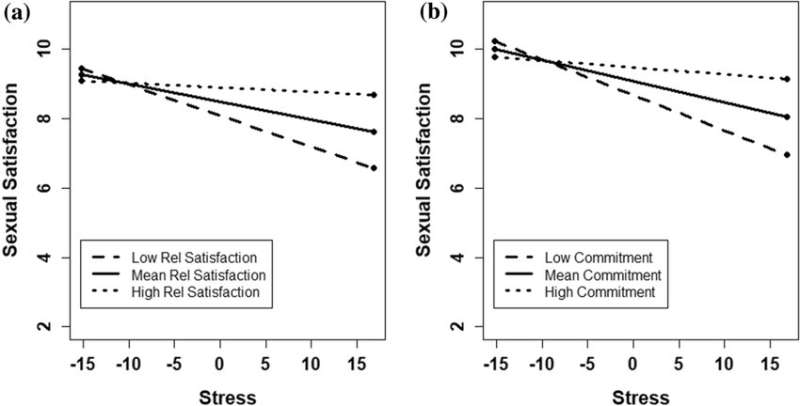
Unlike heterosexual couples, men who have sex with men (MSM) experience worse sexual health when depressed even in strong relationships, meaning mental health and sex could be more closely related for this population.
A new Northwestern Medicine study has analyzed the nuanced interactions among relationship health, mental health and sexual health among MSM.
It is among the first studies to examine interactions in a racially and ethnically diverse sample of young, partnered MSM.
The findings mostly overlap with those found in heterosexual couples: worse mental health is related to worse sexual health overall, and strong relationships can protect sexual satisfaction even when men are highly stressed. But surprisingly, when men are depressed, they report worse sexual health when they are in a strong relationship.
“Men who are in strong relationships may be more upset by having worse sexual health related to their depression—it might feel like they are letting their partner down,” said lead study author Leiszle Lapping-Carr, an instructor of psychiatry and behavioral services at Northwestern University Feinberg School of Medicine. “It could also be explained by the change from sex in casual relationships being used for a physical connection without a need to engage emotionally to sex being a more intimate act that feels less approachable.”
The findings were published in the journal Archives of Sexual Behavior.
“We see what we expected: being in a strong relationship seems to help protect against the negative effects of stress on sexual relationships,” Lapping-Carr said. “But some of our results also suggest that the ways mental health, relationship quality and sexual health interact are more complex than we might expect.”
Study begins to fill the void of research in this area
Lapping-Carr, who also works as a Northwestern Medicine psychologist providing couple therapy and treating sexual dysfunction, said when she was completing her postdoctoral work in relationship and sex therapy, she noticed a dearth of research about how mental health interacts with a satisfying sex life—especially for LGBTQ+ individuals. In lieu of evidence-based research findings, clinicians trying to help their clients were left to rely on the clinical expertise of other sex therapists, mostly gathered through networking and as-needed consultation.
“There’s a lot of acknowledgment among sex and relationship therapists that the quality of the relationship can interact with individual mental health to get in the way of a satisfying sex life,” Lapping-Carr said. “But not much research exists to inform this clinical knowledge. In my practice I work with a lot of queer and trans folk, and I didn’t have much data to rely on when I was trying to figure out how to help people.”
In the study, scientists looked at a single time-point of a cross-sectional study conducted by the Institute for Sexual and Gender Minority Health and Wellbeing (ISGMH) at Northwestern. The U.S.-wide study, called the RADAR study, sampled more than 1,200 participants from racially and ethnically diverse backgrounds.
Though the study didn’t look directly at minority stress, Lapping-Carr said it is possible minority stress had an impact on the findings and is important to follow up with future studies.
“Internalized homophobia and experiences of discrimination of course interact with mental health,” she said. “The study’s information is helpful for clinicians as they try to help men presenting with mental health, relationship or sexual health concerns.”
More information:
Leiszle Lapping-Carr et al, Stress and Depression Are Associated with Sexual Function and Satisfaction in Young Men Who Have Sex with Men, Archives of Sexual Behavior (2023). DOI: 10.1007/s10508-023-02615-5
Journal information:
Archives of Sexual Behavior
Source: Read Full Article
